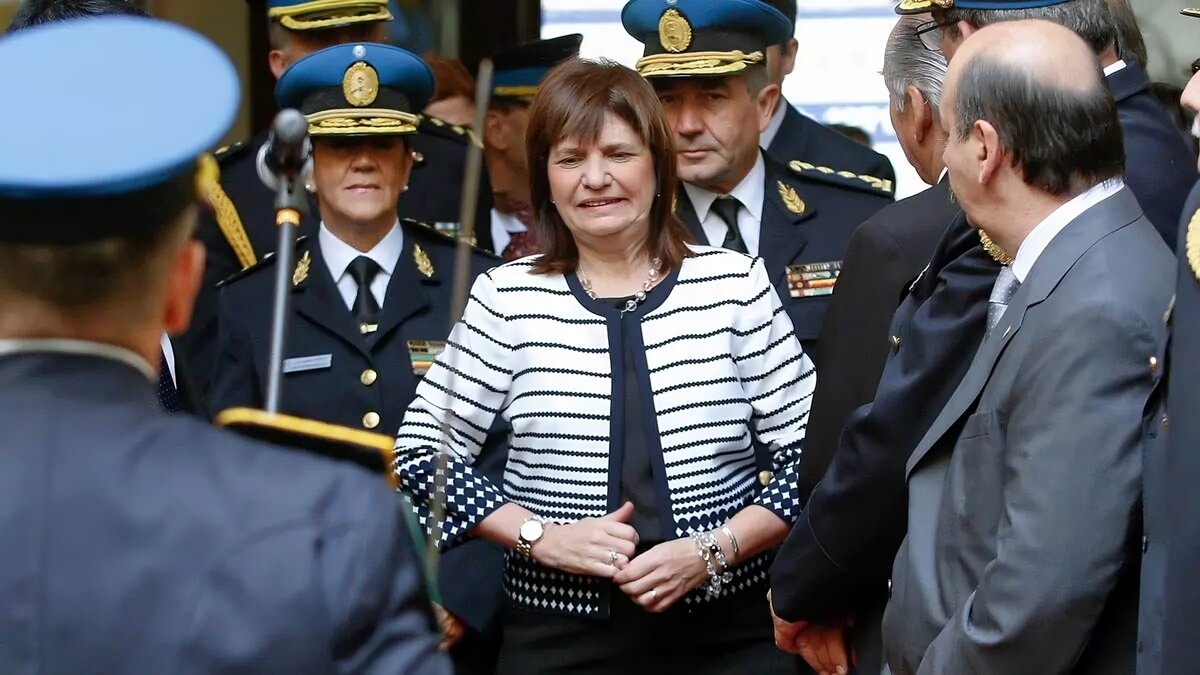
A group of human rights organizations and the Autonomous CTA submitted a request to the Senate to completely reject the Comprehensive Approach to Organized Crime Bill, known as the Anti-Mafia Law. This project, which has been the subject of detailed analysis, is promoted by the Executive Power and has been discussed in parliamentary committees.
In the presentation to the Senate, it is emphasized that the project raises fundamental problems that undermine basic legal principles, such as the principle of legality and the principle of accountability for one's actions. It is pointed out that the project would allow detentions without a judicial order, as well as penal sanctions against individuals for belonging to certain groups, even if they have not committed any crime.
Among the signatories of the request to reject the project are recognized figures such as Adolfo Pérez Esquivel, Hugo Ernesto Godoy, Ana María Careaga, Claudia V. Rocca, and Iris Avellaneda, all of whom are distinguished in the field of Human Rights and the defense of constitutional and conventional guarantees.
According to critics of the project, instead of effectively combating organized crime, the initiative aims to grant greater powers to suppress potential popular protests in the future. The constitutionality and legality of the proposal is questioned, indicating that it could lead to abuses by security forces and represent a threat to individual freedoms and citizens' rights.
Amid this debate, a question arises about the true purpose of the so-called Anti-Mafia Law and whether its provisions are more oriented towards the fight against organized crime or towards the repression of social and political dissent. Therefore, the discussion around this bill reflects broader tensions surrounding security and justice policies in the current context.














